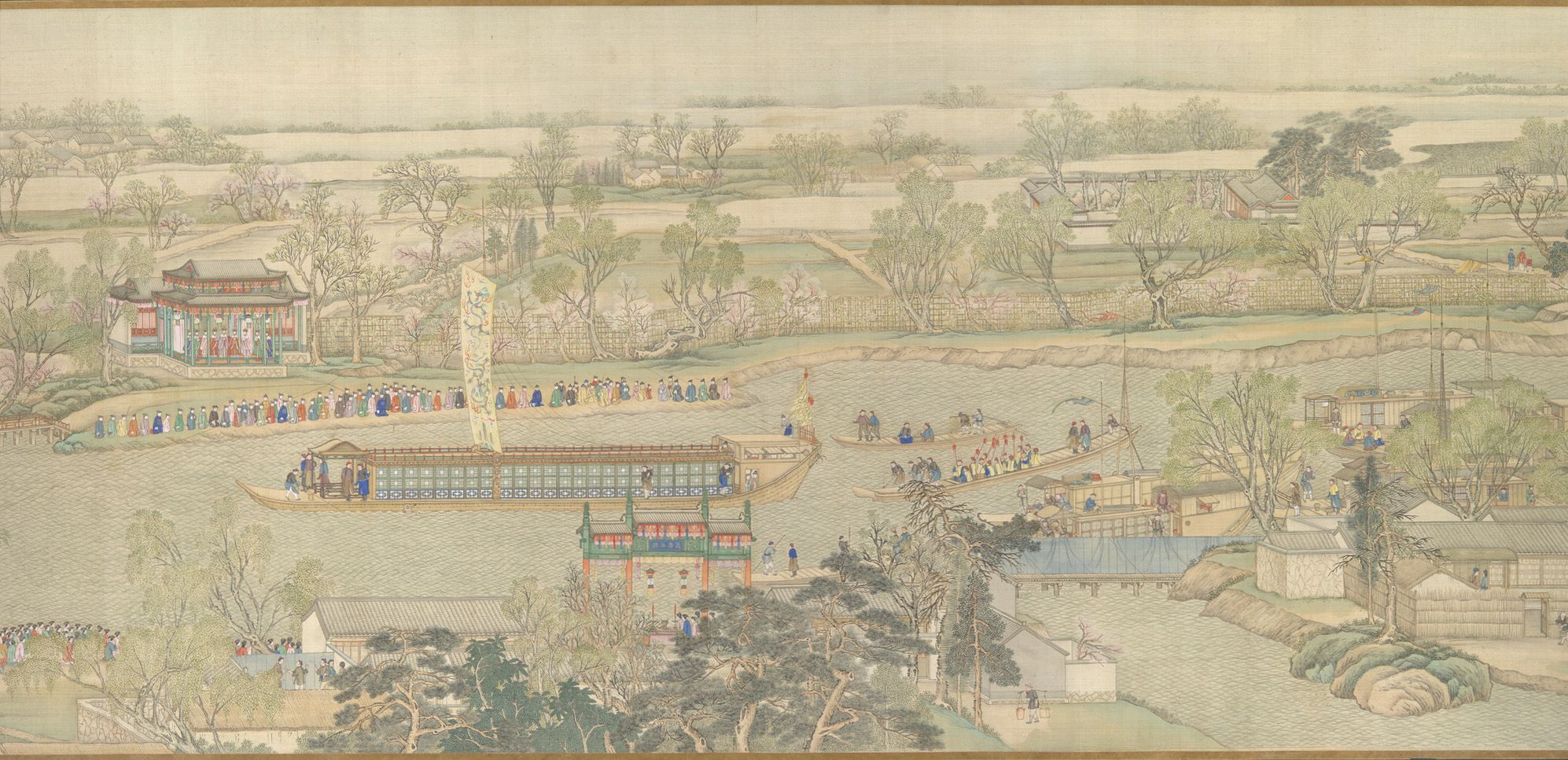

Downloads
DOI:
https://doi.org/10.58981/bluepapers.2024.2.15Published
Issue
Section
License
Copyright (c) 2024 Feng Gu, Kaiyi Zhu, Qingyong Zhu

This work is licensed under a Creative Commons Attribution 4.0 International License.
How to Cite
Keywords:
Grand Canal, integrated approach, canal cities, World Heritage, cultural and ecological beltsAbstract
China’s Grand Canal was the world’s most extensive civil engineering project before the Industrial Revolution. This interview explores how the process of applying for and achieving World Heritage status has led to the improvement of the environment surrounding the Grand Canal and encouraged collaboration among canal cities spanning eight provincial administrations. It highlights the role of water heritage as a catalyst for improving the protection of historic landscapes and waterscapes as well as the Grand Canal’s cultural heritage. It also addresses how these efforts have supported the integrated development of canal cities. The Grand Canal remains a vital link that promotes balanced cultural, ecological and economic development, contributing to the sustainability of various canal cities across northern and southern China.


